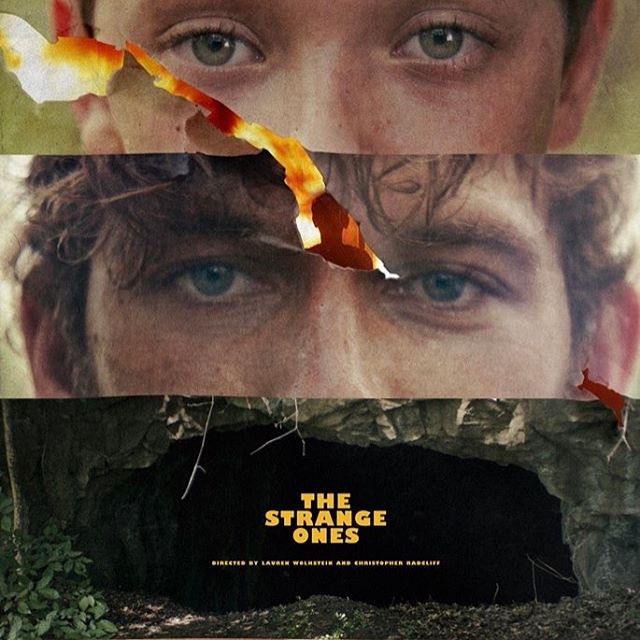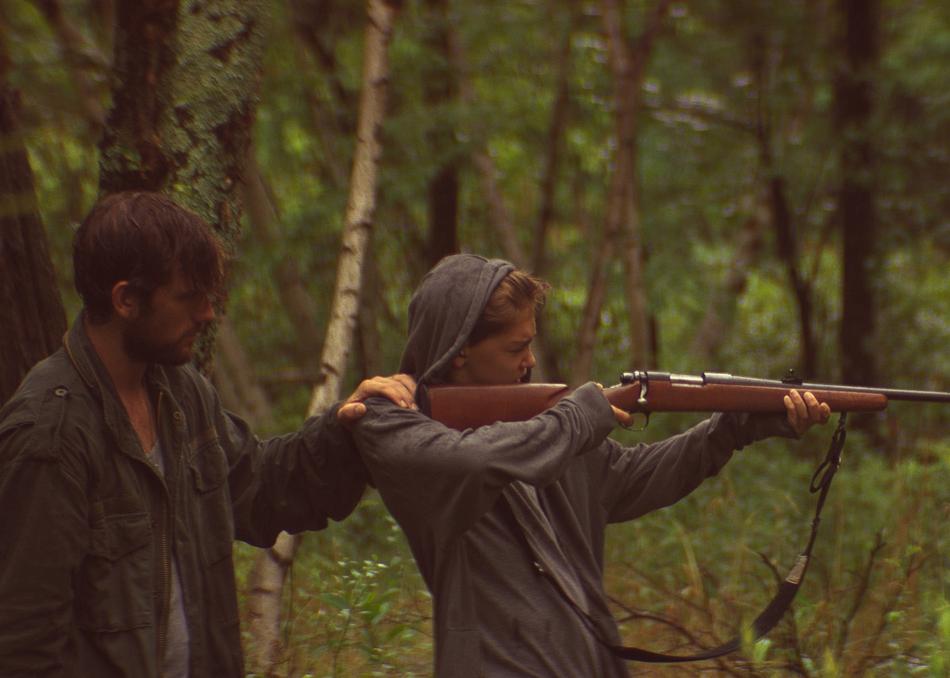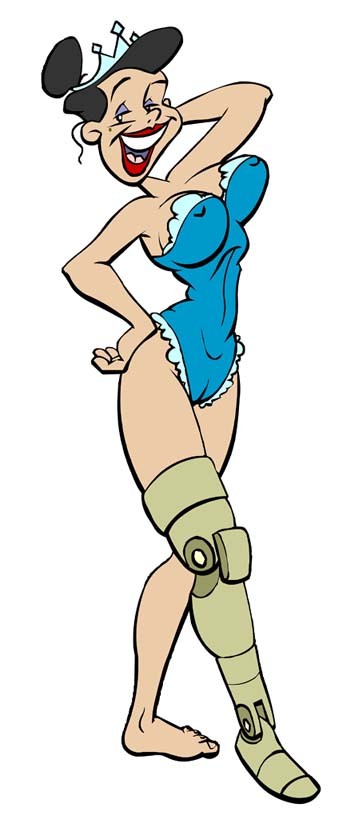
A few weeks back during SXSW '17 I had the wonderful opportunity to talk about THE STRANGE ONES with directors Lauren Wolkstein and Christopher Radcliff as well as the film's stars Alex Pettyfer and newcomer James Freedson-Jackson. The film is about the mysterious relationship between a pair of brothers whose story about going on a camping trip together becomes questionable as more details about their plight are slowly revealed throughout the film. I really dug the slow burn drama and had many questions about crafting such an intense film from each of their perspectives. I hope you enjoy our discussion!
Annette Kellerman: Good morning everyone! Thanks so much for getting up so early and meeting with me so we can talk about THE STRANGE ONES. I guess, first off, I'd like to ask Alex what it was like working with a young actor.


